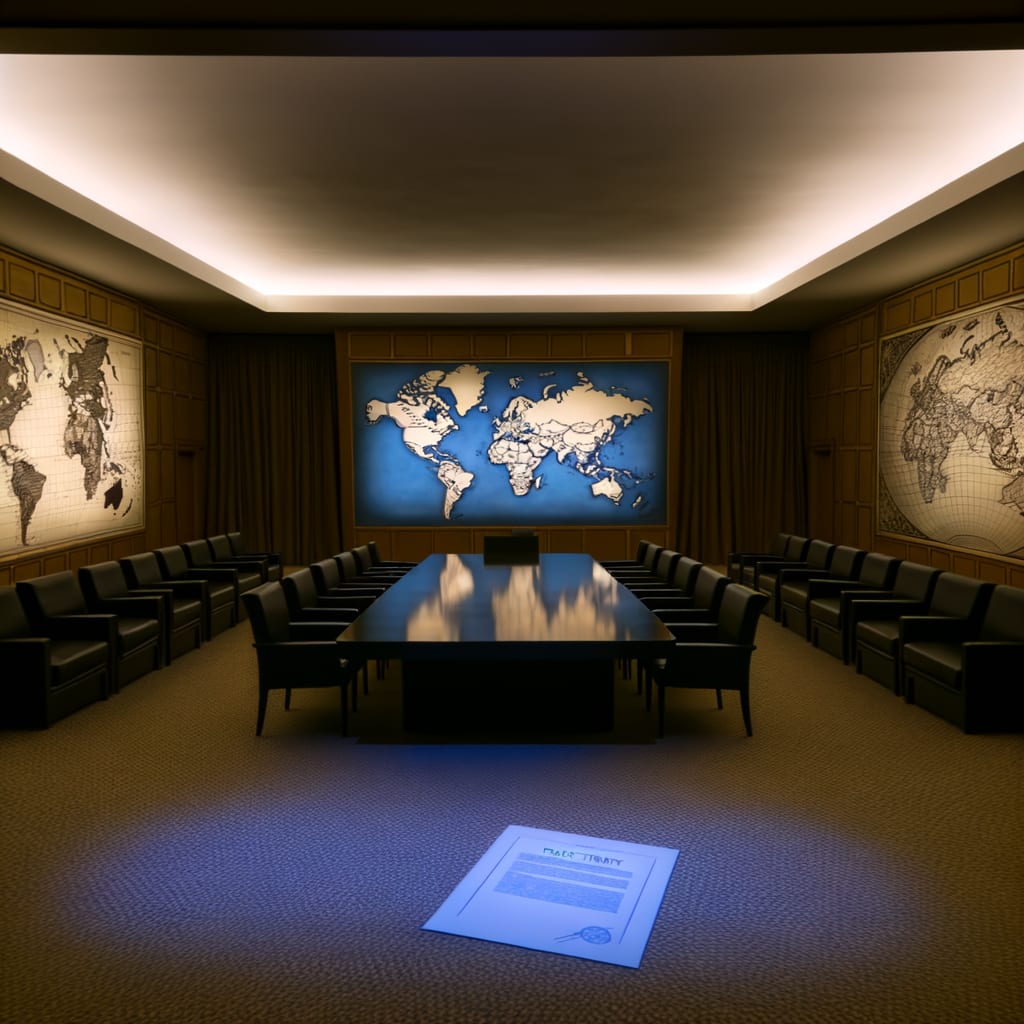Ceasefire in Gaza Faces Serious Challenges Amid Israeli Strikes and Rising Tensions
Gaza, still reeling from a recent war, is at the brink of another escalation as Israeli Prime Minister Benjamin Netanyahu orders powerful strikes
in response to what he perceives as a violation of the ceasefire agreement by Hamas. This development, coupled with the rising death toll and accusations of ceasefire violations from various quarters, is threatening the fragile peace process amidst international scrutiny.
Background and Context
The ceasefire in Gaza, overseen by the United States, came into effect on October 10, following a war that saw considerable devastation and loss of life. However, the truce has been consistently challenged with more than 80 reported violations by Israel, leading to over 97 deaths and 230 injuries, as per Gaza’s Government Media Office.
Despite the ceasefire, the Israeli military's chief of staff, Eyal Zamir, has signaled that the military's objectives remain incomplete, with bodies of captives still in Gaza. This sentiment was echoed by Israel's National Security Minister Itamar Ben-Gvir, who criticized Netanyahu for not resuming a full-scale war on Gaza, indicating the growing pressure on the Israeli leadership.
Key Developments
Netanyahu's recent order for immediate strikes on Gaza has resulted in the death of at least 60 people, including many children, marking the most severe challenge to the ceasefire. The Israeli Prime Minister accused Hamas of violating the truce, a charge that Hamas denies and attributes instead to Israel. The conflict escalated after Hamas returned remains that Israel claims belonged to an Israeli hostage recovered earlier in the war.
Amidst these developments, Netanyahu visited the US-led headquarters overseeing the Gaza ceasefire, meeting with US Central Command (Centcom) Commander Admiral Bradley Cooper. However, Netanyahu stressed that Israel carries out attacks in Gaza at its discretion and does not seek anyone's approval.
Reactions and Implications
The escalating conflict has drawn international attention and concern. US Vice President JD Vance acknowledged that while minor skirmishes are expected, the ceasefire is still holding. Meanwhile, Turkey has accused Israel of violating the ceasefire, urging the US and other nations to take stronger measures, including possible sanctions or halting arms sales.
In the midst of these tensions, Israel's response to the returned remains that did not belong to the missing hostages has been a significant point of contention. Netanyahu has stated that Israel will respond to this perceived violation of the ceasefire.
Current Status
Despite the rising tensions and increased violence, there is a concerted effort from various quarters to sustain the ceasefire. US senior officials, including Secretary of State Marco Rubio, have warned Israeli political factions not to disrupt the ceasefire. However, the situation remains volatile, with both Israel and Hamas accusing each other of violations and the threat of full-scale conflict looming large.

